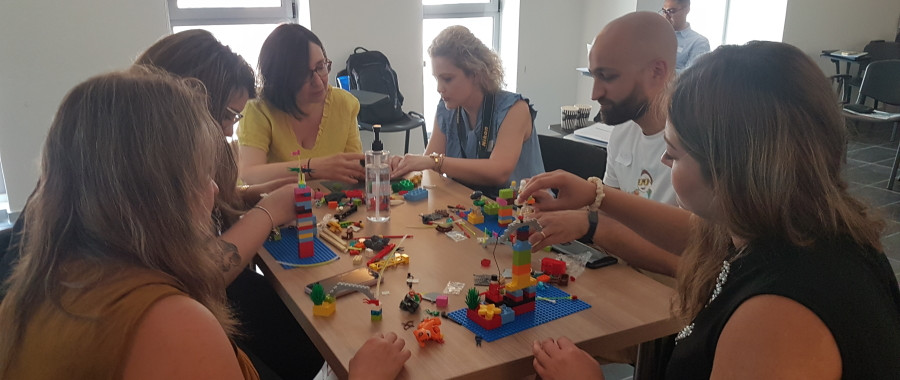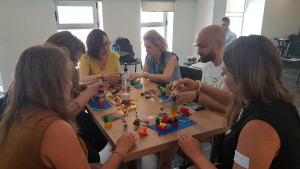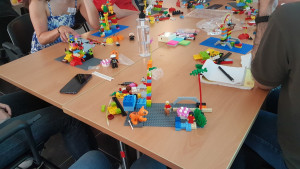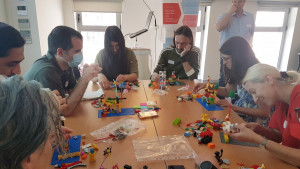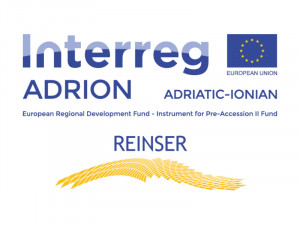 The DAISSy Research Group of the HOU announces the start of the registration for the Massive Open Online Course (MOOC) in Social Entrepreneurship, in Greek, English, French and Arabic. Registration has started!
The DAISSy Research Group of the HOU announces the start of the registration for the Massive Open Online Course (MOOC) in Social Entrepreneurship, in Greek, English, French and Arabic. Registration has started!
The DAISSY Research Group of the Hellenic Open University announces the start of the registration for the Massive Open Online Course (MOOC) in Social Entrepreneurship and invites you to register.
The MOOC in Social Entrepreneurship is open to anyone interested:
- get to know what the Social and Solidarity Economy is through specific examples and its actors,
- learn how a group is formed and operates, the cell of each Social and Solidarity Economy project
- to systematically look at ways of choosing which economic activity meets the objectives of the Social and Solidarity Economy
- to get acquainted with marketing techniques directly linked to the Social and Solidarity Economy
- to finally get to know technical tools (business plan creation, economic and technical planning, etc.) that will allow him/her to put into practice the objective of social change through the Social and Solidarity Economy.
- to launch or develop a business venture based on the principles of the Social and Solidarity Economy,
The MOOC is offered in four languages: Greek, English, French and Arabic.
It will start on 15 September 2022 and the participants will need three weeks in order to complete the course.
Participants who successfully complete the MOOC in Social Entrepreneurship will receive a certificate of completion. In addition, they will have the opportunity (under certain conditions) to receive support for the development of their business ideas that contribute to the economic integration of refugees based on the principles of Social and Solidarity Economy, in the framework of the Social Hackathon for the Economic Integration of Refugees through Social Entrepreneurship which will take place in Ioannina, from 9 to 12 October 2022.
Register for the MOOC in Social Entrepreneurship at the following link: https://bit.ly/3Q7AINs
MOOC in Social Entrepreneurship and Social Hackathon are implemented in the framework of the project “REInSER: Economic Integration of Refugees through Social Entrepreneurship”. The main objective of the REInSER project is to contribute to improving the prospects of refugees for economic, and, more broadly, social integration in the host countries of the Adriatic-Ionian region, using social economy approaches, and in particular those of social entrepreneurship.
The REInSER project is implemented in the framework of the Adriatic-Ionian Interreg ANDRION Transnational Cooperation Program funded by the European Regional Development Fund and the Instrument for Pre-Accession Assistance (IPA) II.
REInSER brings together 8 project partners from academia, business support organisations and local authorities gathering different expertise, knowledges and skills in 6 countries of the ADRION area, namely, Slovenia, Italy, Greece, BiH, Serbia and Croatia.
In Greece, the project partner is the DAISSY Research Group and the associated partners are the Special Service “ESPA Executive Structure, Employment & Social Economy Sector” of the Ministry of Labour and Social Affairs, ANKA, and e-Trikala.
More information on the DAISSy Research Group:
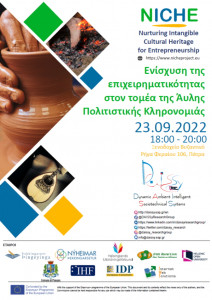 Η ερευνητική ομάδα DAISSy του Ελληνικού Ανοικτού Πανεπιστημίου σας προσκαλεί να συμμετάσχετε στην ημερίδα που διοργανώνει με τίτλο “ Ενίσχυση της επιχειρηματικότητας στον τομέα της Άυλης Πολιτιστικής Κληρονομιάς», η οποία θα πραγματοποιηθεί δια ζώσης, την Παρασκευή 23 Σεπτεμβρίου 2022 στις 18.00, στο Ξενοδοχείο Βυζαντινό (Ρήγα Φεραίου 106), στην Πάτρα.
Η ερευνητική ομάδα DAISSy του Ελληνικού Ανοικτού Πανεπιστημίου σας προσκαλεί να συμμετάσχετε στην ημερίδα που διοργανώνει με τίτλο “ Ενίσχυση της επιχειρηματικότητας στον τομέα της Άυλης Πολιτιστικής Κληρονομιάς», η οποία θα πραγματοποιηθεί δια ζώσης, την Παρασκευή 23 Σεπτεμβρίου 2022 στις 18.00, στο Ξενοδοχείο Βυζαντινό (Ρήγα Φεραίου 106), στην Πάτρα.
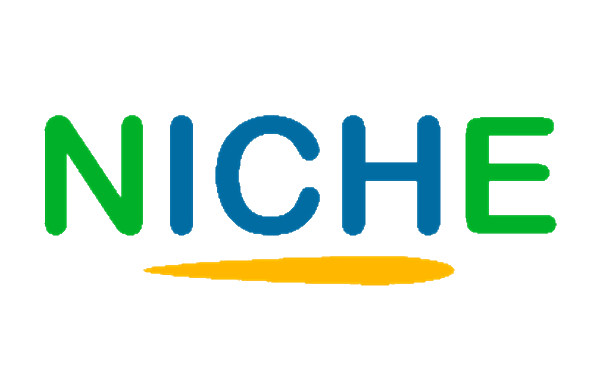
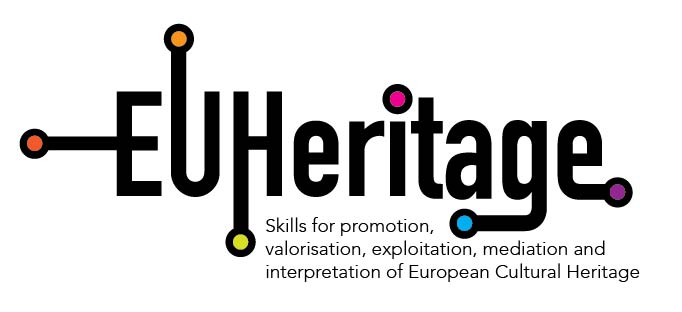
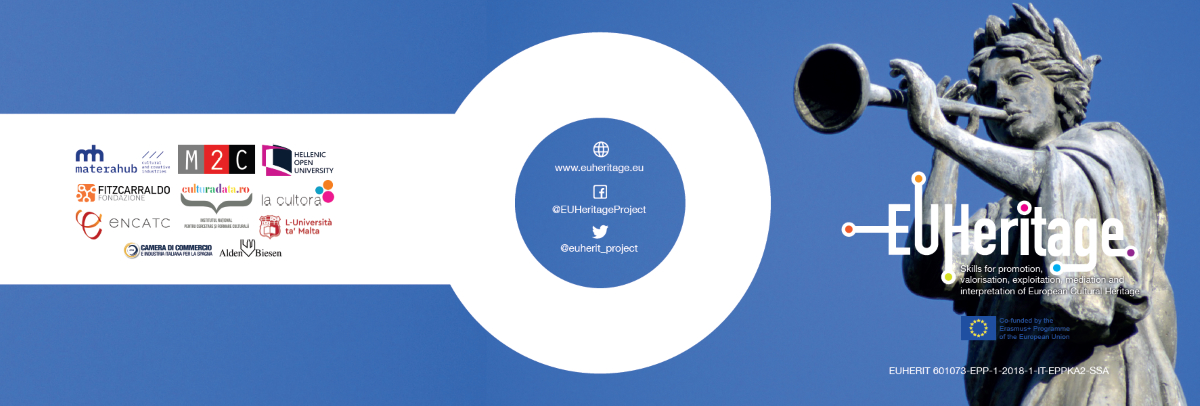
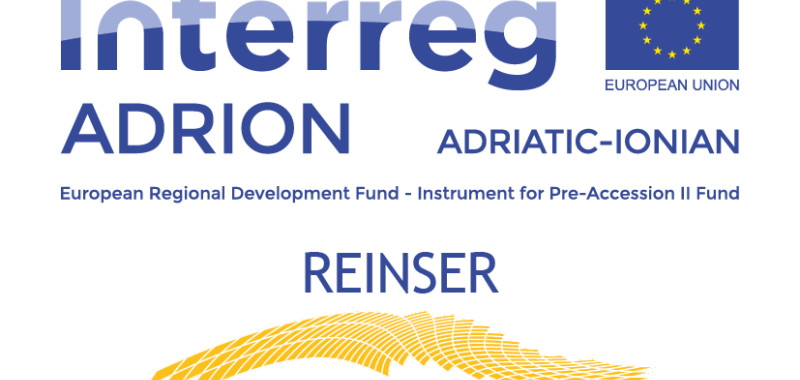
 The DAISSy Research Group of the HOU announces the start of the registration for the Massive Open Online Course (MOOC) in Social Entrepreneurship, in Greek, English, French and Arabic. Registration has started!
The DAISSy Research Group of the HOU announces the start of the registration for the Massive Open Online Course (MOOC) in Social Entrepreneurship, in Greek, English, French and Arabic. Registration has started!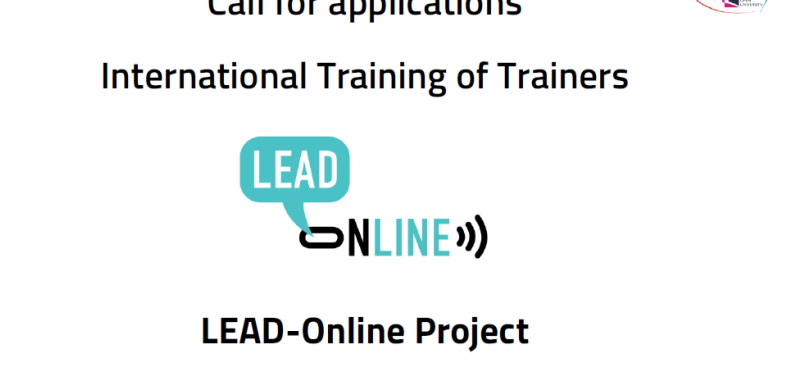
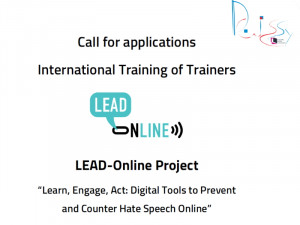 Η ερευνητική ομάδα DAISSy Research Group, στα πλαίσια του ευρωπαϊκού έργου LEAD-Online-Learn, Engage, Act: Digital Tools to Prevent and Counter Hate Speech Online, καλεί εκπαιδευτικούς, δημοσιογράφους, διαχειριστές λογαριασμών social media κ.α. που επιθυμούν να εκπαιδευτούν για να γίνουν φορείς αλλαγής σε σχέση με τη ρητορική μίσους στο διαδίκτυο, να στείλουν τις αιτήσεις τους για τη συμμετοχή στην εκπαίδευση “International Training of Trainers“, που θα λάβει χώρα στη Βιέννη, στις 14-16 Νοεμβρίου 2022.
Η ερευνητική ομάδα DAISSy Research Group, στα πλαίσια του ευρωπαϊκού έργου LEAD-Online-Learn, Engage, Act: Digital Tools to Prevent and Counter Hate Speech Online, καλεί εκπαιδευτικούς, δημοσιογράφους, διαχειριστές λογαριασμών social media κ.α. που επιθυμούν να εκπαιδευτούν για να γίνουν φορείς αλλαγής σε σχέση με τη ρητορική μίσους στο διαδίκτυο, να στείλουν τις αιτήσεις τους για τη συμμετοχή στην εκπαίδευση “International Training of Trainers“, που θα λάβει χώρα στη Βιέννη, στις 14-16 Νοεμβρίου 2022.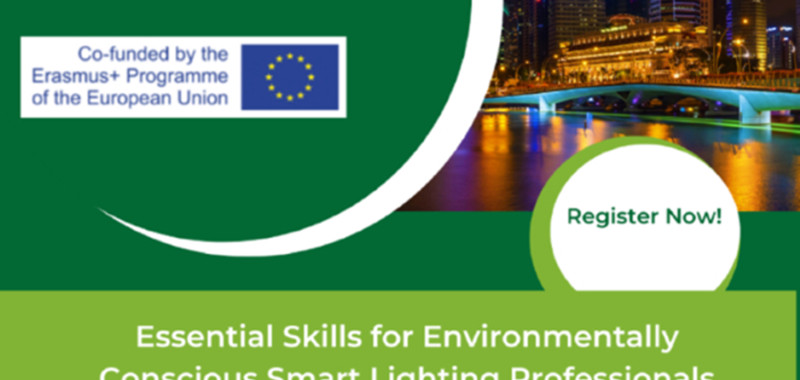
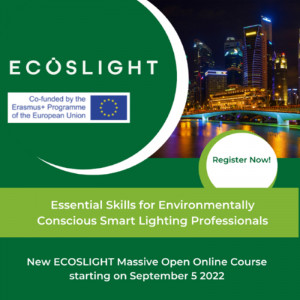
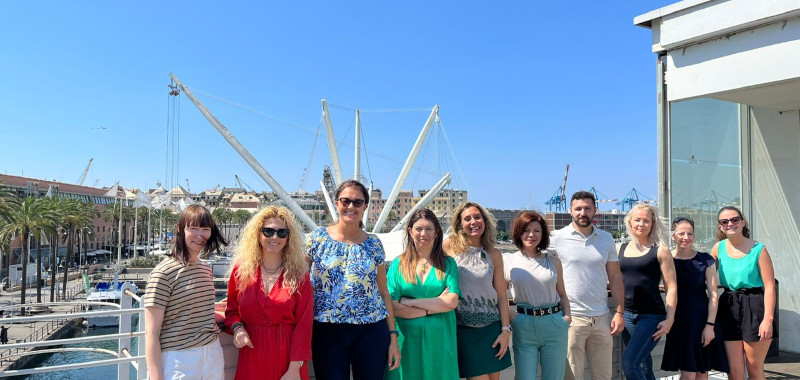
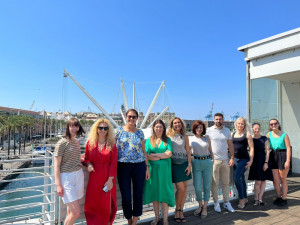
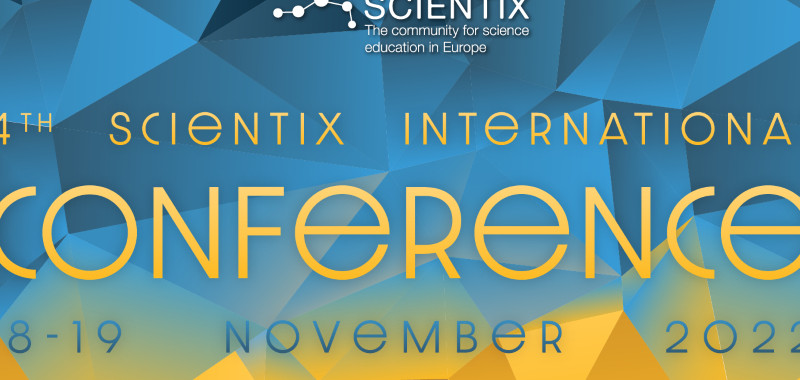
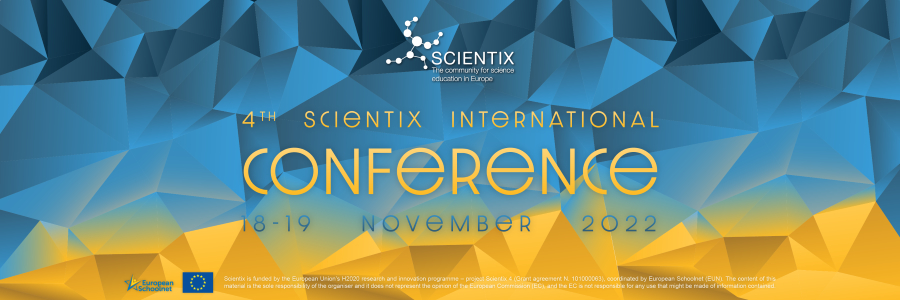
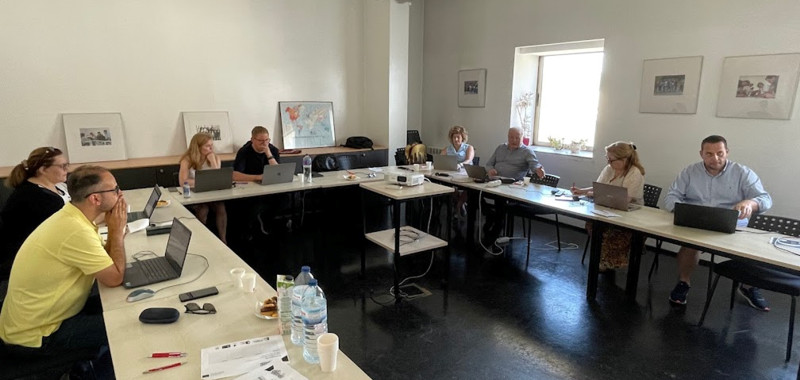
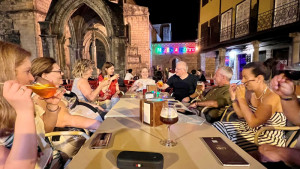
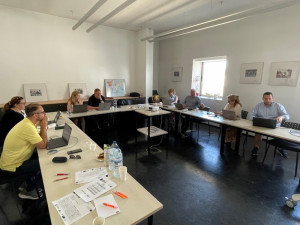
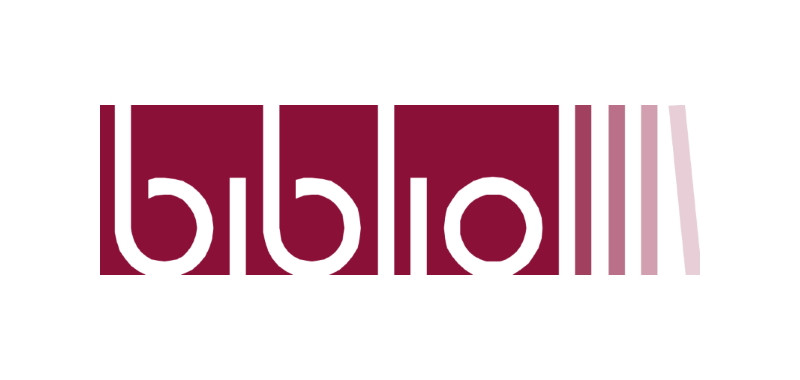
 The DAISSy Research Group of the Hellenic Open University (
The DAISSy Research Group of the Hellenic Open University (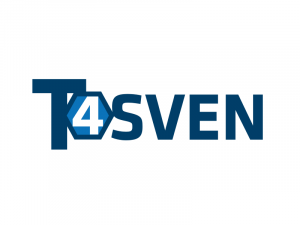 The T4SVEN project will equally strengthen international cooperation in the digital transformation of education and advance the inclusiveness of VET by developing an open source methodology for further transfer and adaptation.
The T4SVEN project will equally strengthen international cooperation in the digital transformation of education and advance the inclusiveness of VET by developing an open source methodology for further transfer and adaptation.